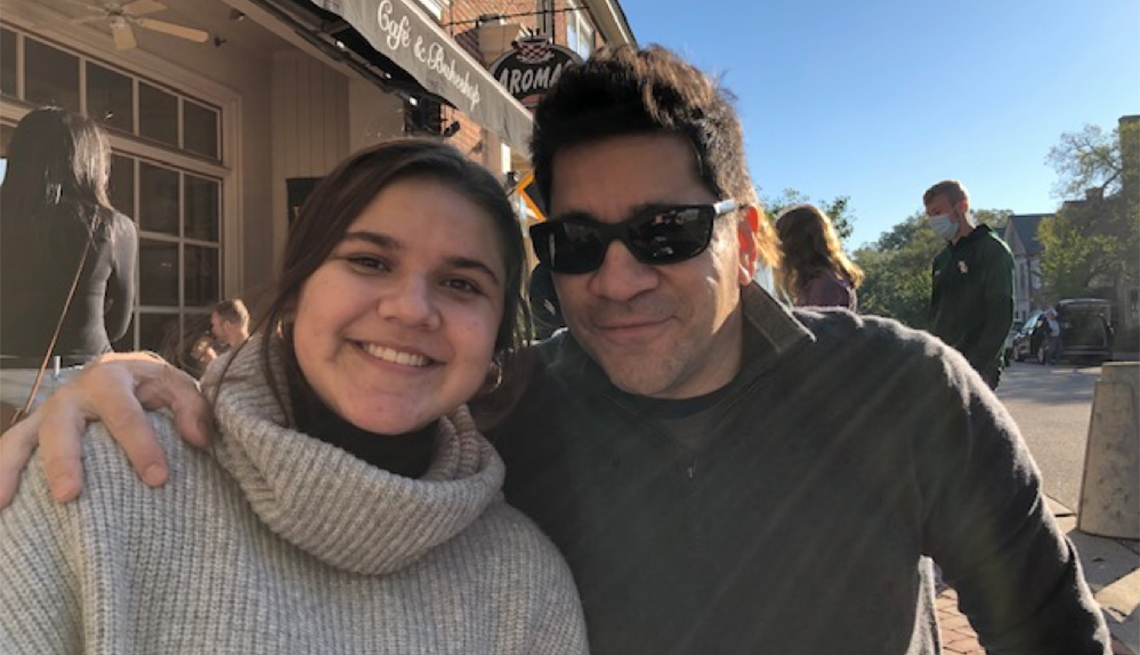
Covid-19 safety tips for college students returning home
- Select a language for the TTS:
- UK English Female
- UK English Male
- US English Female
- US English Male
- Australian Female
- Australian Male
- Language selected: (auto detect) - EN
Play all audios:

With so many scenarios and radically different — and potentially serious — ramifications, parents should urge their young adults to be extra cautious before returning home for the holidays,
to reduce the chances of infecting family members. MITIGATING THE VIRUS RISK Rebecca Lee Smith, an associate professor of epidemiology at the University of Illinois at Urbana-Champaign, says
young adults should receive two negative tests four days apart, while self-quarantining or avoiding unnecessary exposure, before heading back to their families. Because “a test by itself
doesn't protect anybody,” students should keep in mind a well-known phrase in the anti-infection world of sexually transmitted diseases, says Lee Smith: “Your risk is equal to that of
the riskiest person you interact with." The University of Massachusetts at Amherst, which has administered 146,000 COVID-19 tests to date, has a virtual dashboard showing the latest
data on the number of tests performed, positivity rates and test turnaround times. The school recently sent emails encouraging students to get tested two or three days before their planned
departure. "We test off-campus students, but not all universities do,” says campus spokesperson Ed Blaguszewski. Those who don't have on-campus access “should make sure they go to
a local clinic." And remember, tests are only a snapshot in time. A student who tests negative before traveling home still can become exposed to the virus in transit, says Ramon Tallaj,
a medical doctor and founder of the nonprofit SOMOS Community Care, a network of physicians in Manhattan. "A negative test doesn't guarantee you don't get [the virus] after
that,” he says. “If they come home and have a chance to get another test, have them do it again." Students can help mitigate risk between campus and the front door. Those riding home by
car with friends should wear a mask and open windows if possible. If the temperature is too low, open windows occasionally to release contaminated air. Be sure the heater is using outside
air and not recirculated air. Students using public transportation (buses, trains, planes) should wear masks, wash hands frequently, sit near empty seats if able, and avoid crowds. In Texas,
one health expert is recommending extra precautions. Mark Escott, a physician and the Austin-Travis County interim health authority, suggests that students who participate in unmasked
extracurricular activities or live on college campuses wear masks and practice social distancing around family throughout the holiday season. And keep in mind that some states and localities
have quarantine requirements for those who are coming in from out of state.
